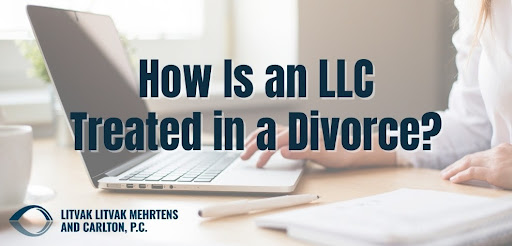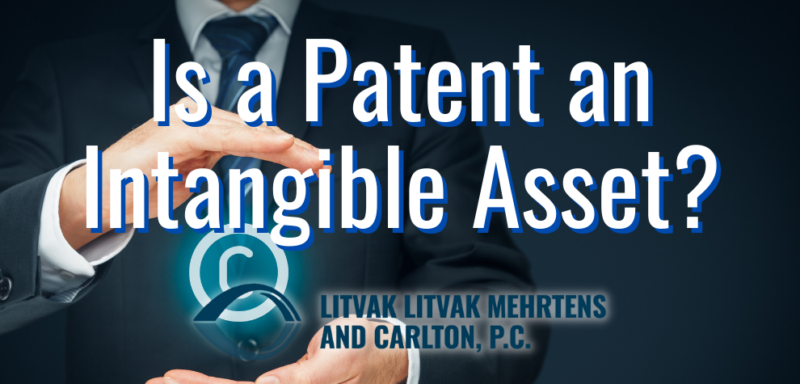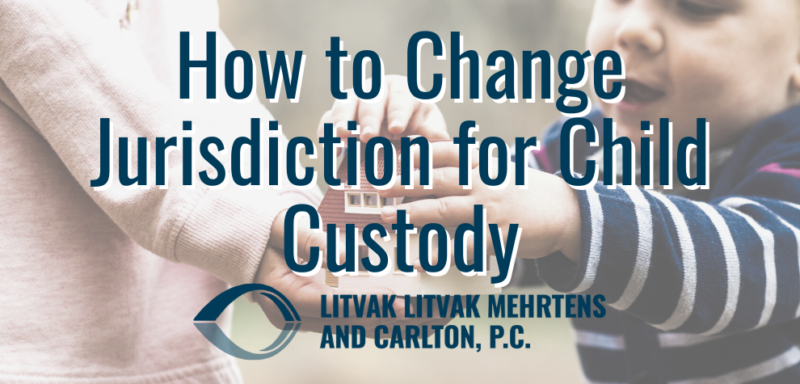In 2019, an estimated 15% of marriages ended in divorce. Even though this percentage is down from previous years, that’s a large portion of the population. For many people in Colorado, divorce is an alternative to staying in a marriage that simply isn’t working. The process can get complicated, especially for couples who have children. Many people wish for a swift end to the marriage, without the headache of going to court and fighting one another in a public trial. Luckily, there are other options: mediation and arbitration.
At Litvak Litvak Mehrtens and Carlton P.C., we understand how daunting and exhausting divorce proceedings are. That’s why, as Colorado’s most respected family law attorneys, we work hard to expand our clients’ options, and find what works best for them. If you find yourself facing divorce in Colorado, and want options for alternative dispute resolution, you need Litvak Litvak Mehrtens and Carlton P.C. on your side. To arrange your consultation, give our office a call at 303-951-4506 today.
What is the Difference Between Arbitration and Mediation?
At first, many people think that arbitration is synonymous with mediation. However, they are completely unique legal processes. While they do share similarities, we will discuss the notable differences, and how each offers advantages and disadvantages.
Arbitration:
Divorcing couples in Colorado may choose to arbitrate their differences rather than undergo a trial with a judge. During this process, the couple gives up their right to a trial with a judge, selects an arbitrator, and consents to their power to decide the dispute. The couple then presents evidence, calls witnesses, and gives their testimonies to the arbitrator rather than a judge. This arbitrator reviews Colorado laws and statutes, applies it to the facts of the case, then makes a decision. These decisions are binding, and provide very limited circumstances for challenging them. In many cases, divorcing couples choose to arbitrate custody disputes and parenting issues. Once the arbitration is complete, the arbitrator must present all records, evidence, testimony, and findings to the court with a written statement.
Mediation:
This is a highly popular alternative to arbitration. It involves meeting with a trained mediator, who is usually an attorney, and working to resolve the case. The mediator, unlike the arbitrator, does not decide the outcome of the case, nor do they provide legal advice. They simply act as a neutral party while you and your spouse discuss the settlement. Mediation works extremely well for many divorcing couples, especially if they have few conflicts between them. The mediators make suggestions about conflict resolution, and do not make statements about fairness of settlements. We recommend hiring an experienced Denver divorce attorney to consult with outside of the mediation session. Seeking legal counsel is the best way to make sure that your spouse does not take advantage of you during the mediation. Once you and your spouse reach a settlement agreement, it becomes binding.
What is Better: Mediation or Arbitration?
Mediation and arbitration both have their own advantages and disadvantages. Therefore, neither option is necessarily better than the other. However, certain situations see more success with one type of alternative dispute resolution than the other. Below, we discuss the advantages and disadvantages of arbitration vs mediation.
Arbitration:
- Pros
- You and your spouse choose the schedule for the sessions, rather than the court.
- The setting is less formal, and may offer less stress.
- Cons
- These decisions, once made, are binding. This means that you may not appeal them later.
- You have very little opportunity to challenge the decision of the arbitrator.
- This method can be costly. You and your spouse will both need attorneys, and the arbitrator charges fees as well.
Mediation:
- Pros
- These cases usually end more quickly.
- Attorney bills include fewer hours, and are therefore cheaper.
- They generally produce a high level of satisfaction with the outcome.
- Involved parties tend to more strictly abide by the settlement agreement.
- Cons
- Mediators do not give legal advice.
- In cases of mental illness, domestic violence or abuse, or substance abuse, this method does not work.
- Mediation is less likely to work for couples who fight often and lack communication skills.
- If lying or hiding of assets occurs, it is less likely to work.
- It does not guarantee a fair outcome, unless an attorney advises you during the process.
What Are the Advantages of Mediation and Arbitration over Public Trials?
Both forms of dispute resolution offer distinct advantages over public trials. Below, we list these shared advantages.
- Civil disputes resolve more privately through mediation and arbitration than through a public trial. If you want as much privacy during the process as possible, one of the two alternative options is the way to go.
- Both forms of dispute resolution are generally less expensive than public trials.
- In terms of efficiency, public trials are slower, and less conducive to cooperation between parties. Mediation and arbitration force the two parties to at least try working together, and are more efficient overall.
What Can a Custody Mediator Not Do?
Mediators provide a lot of assistance for divorcing couples, but they do still have limitations. They are not allowed to perform certain actions, and it is important that you understand their limits before appointing one. Below, we list general rules that mediators must follow.
- Mediators must ensure that all parties involved understand their role, as well as the nature of the mediation process. They must also ensure that all parties understand the agreed-upon settlement terms.
- Mediators must protect all parties, and ensure that they participate in mediation voluntarily.
- They must be competent enough to perform their duties as a mediator.
- Mediators must maintain confidentiality throughout the mediation process.
- They must remain impartial, and conduct themselves accordingly.
- Mediators are expected to refrain from giving legal advice.
- Under certain circumstances, in which a conflict of interest arises, the mediator should withdraw from the situation.
- Mediators must avoid illegal marketing techniques, including, but not limited to, guaranteeing results.
What Is Litigation?
Litigation essentially occurs if a divorcing couple decides not to undergo mediation or arbitration, and decides instead to go to court over the issue. Rather than allowing a mediator or arbitrator decide the outcome of a case, a judge hears both sides and then makes a decision. While it is a perfectly legitimate way to resolve a dispute, it is generally more expensive than the other two options. It also operates as a last resort for many people if other dispute resolution methods fail.
Alternative Dispute Resolution Attorneys in Denver, CO
At Litvak Litvak Mehrtens and Carlton P.C., our attorneys are experienced in handling all sorts of complex cases involving divorces with unique circumstances like yours. We know that what is most important to you may not be the same as other people’s priorities – so we’ll work closely with you every step of the way for a successful outcome on your case. Contact us today at 303-951-4506 or through our online contact form if you want to learn more about our Colorado family law services.






